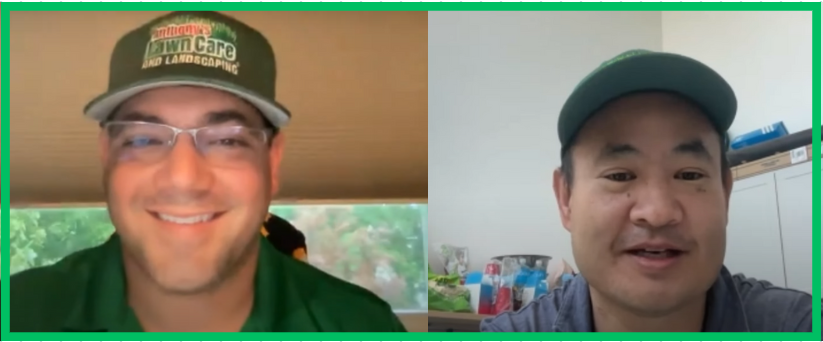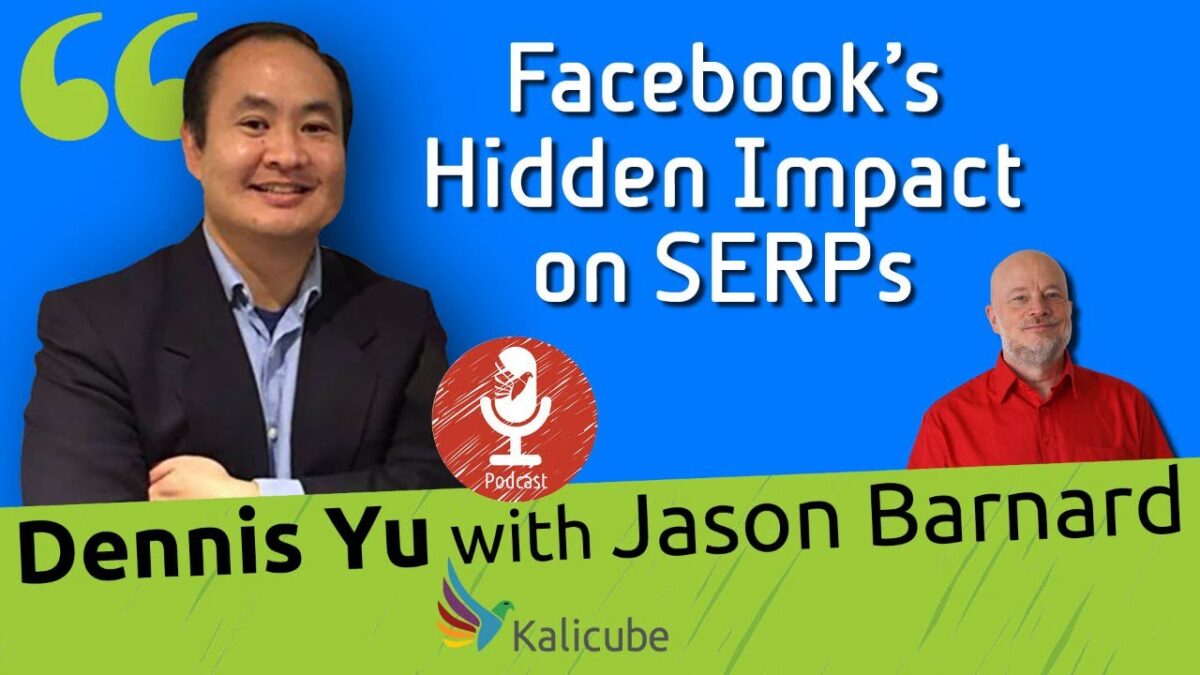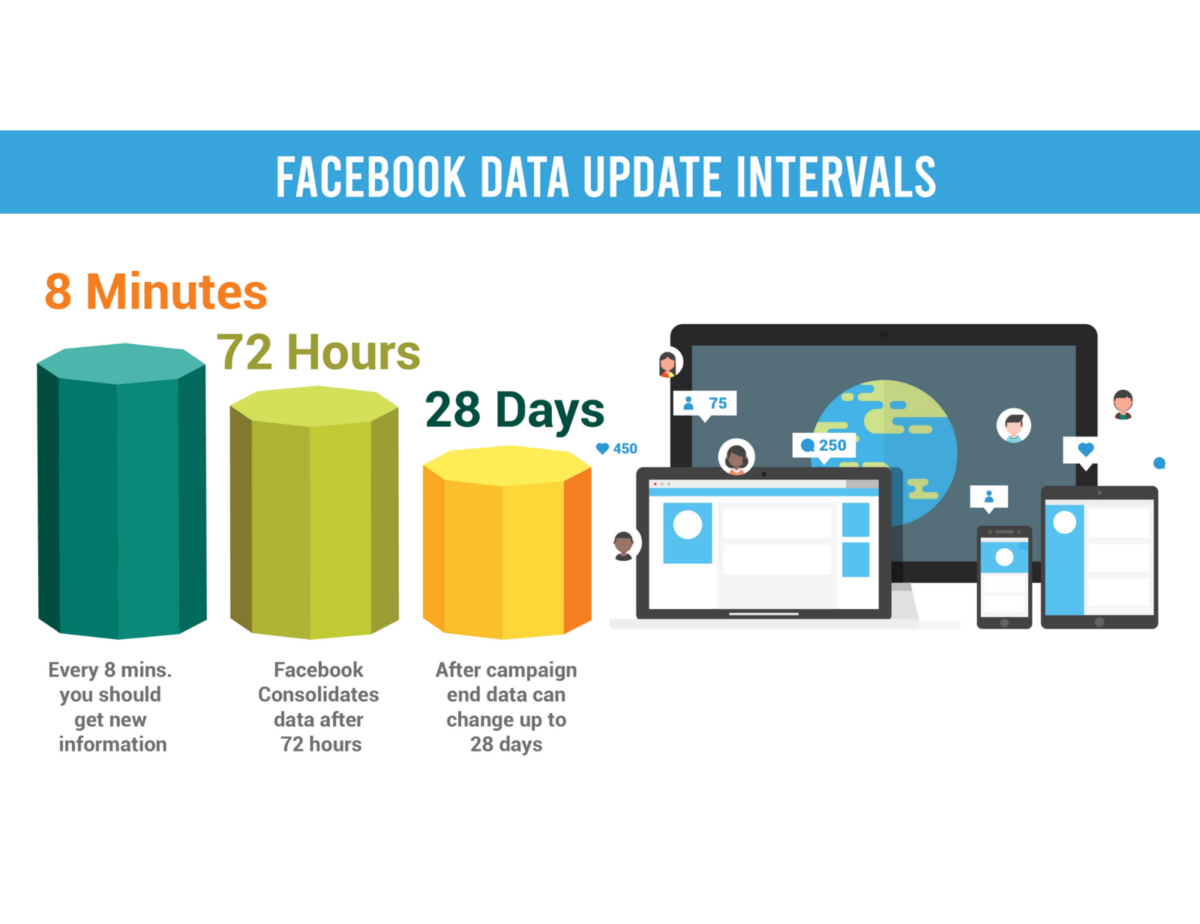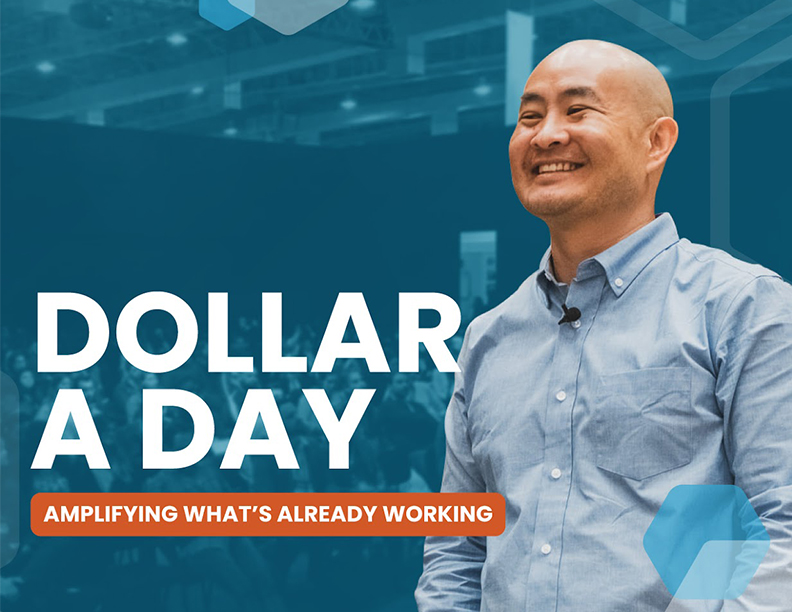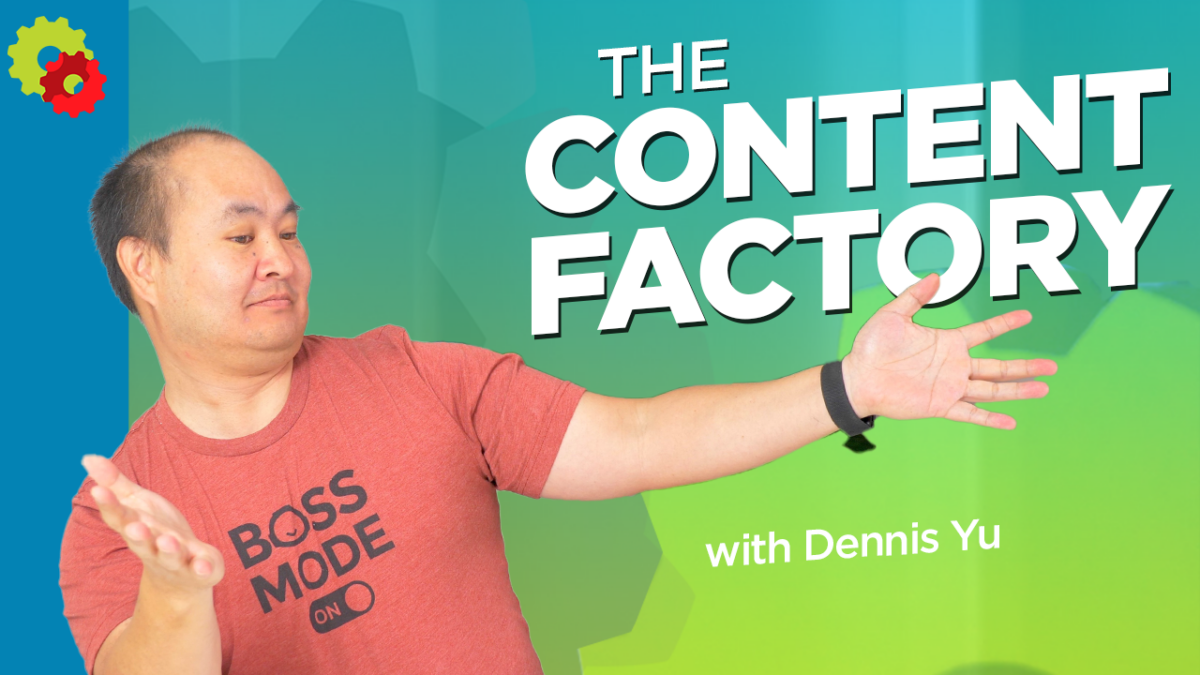What’s the secret to running a $4 million hood cleaning business in one of the world’s most competitive cities? Jose’s company started small in New York and has grown to serve 1,300 restaurants as clients. Without a big digital marketing strategy or media presence, he has built strong relationships with both small local restaurants and large corporate clients. Keeping hoods …
Anthony Hilb’s Blueprint for Success: Mastering Facebook Campaigns Optimization Before Building a Team
From throwing mud at the wall to strategic success, Anthony Hilb, owner of Anthony’s Lawn Care and Landscaping, wanted to build a winning team for Facebook marketing. Although he had been managing his Facebook campaigns with Dollar-a-Day strategy, his approach lacked a metrics-focused mindset. Recently, during a meeting, I shared actionable strategies and practical tips for optimizing his campaigns using …
Google Confirmed It: Facebook Engagement Affects SEO
Many of the statements made by search engines are inaccurate, and I can attest to this as a former search engine engineer. When Facebook advertising came out, I started running ads and speaking about this whole thing. This helped me rank number two in the Facebook advertising search. The number one result was Facebook itself. So I was ranking number …
Unveiling the Game-Changer: Harnessing Facebook Data Intervals
Understanding the critical role that Facebook data intervals play is paramount for businesses to leverage real-time information and maximize the effectiveness of marketing campaigns. In the fast-paced world of digital marketing, staying ahead of the competition requires you to harness data-driven insights. As advertisers and marketers, we heavily rely on data to optimize strategies and make well-informed decisions. With billions …
A Step-by-Step Guide To Starting a Successful Pressure Washing Business
Here is everything you need to know to set up a pressure washing business in your location.
Dollar a Day in Action
If you’re struggling to get engagement on your social media ads, you’re not alone. It can be frustrating to see your content fall flat with your audience after you’ve invested considerable time and money into creating it.
But what if we told you that for just a dollar a day, you could reach thousands of people and get a high engagement rate on your ads? It’s true, and we’ve done it ourselves. This is Dollar a Day in Action.
Boost Your Social Media Engagement: The Power of Commenting on Others’ Posts
Just two hours ago, I commented on a tweet about Michael J Fox’s journey with Parkinson’s. He’s one of my childhood heroes, and I felt compelled to share my thoughts. As a result, my comment has already generated 7,000 views, 58 engagements, and 16 profile visits. Those 16 people can now check out more of what I’m posting. If you’re …
Boosting Posts: Why Most People Fail and How to Succeed
Introduction Have you ever wondered why there’s a giant blue BOOST button below every post if you’re not supposed to boost posts? This article discusses why most people fail at boosting posts and how you can avoid these mistakes. Targeting One of the keys to successful boosting is understanding your goals, determining the content required to achieve your goals, and …
Unlocking Success With the Dollar a Day Strategy
Find out how unlocking success with the dollar a day strategy can deliver the highest return.
How to Create Successful Facebook Video Ads
Are you struggling to get your Facebook video ads to work? In this article, Michael Stelzner, the founder of Social Media Examiner, asked me some questions about Facebook ads that many people struggle with. We also discussed how you could get results for as little as $1 a day. Facebook is a powerful tool for maximizing the relationships that you …
The Dollar-A-Day Strategy
This is an extract from the Tom Ferry Podcast Experience with Jason Pantana and me, where we discussed the Dollar a Day Strategy to boost posts. The Background Behind Devising A Dollar A Day Strategy You might ask what problem the Dollar a Day strategy attempts to solve. We had Quiznos, Allstate, Nike, and Starbucks as our clients. And they have many locations. So when …
Building Authority Organically via the Inception Model
Why start organically? Because we want the algorithm to take whatever content we feed the system and to let us know if it is working because if your content is not working organically, then you’re basically trying to force it through on the paid side via Ads and that’s just like driving with the emergency brake on. You can get …


